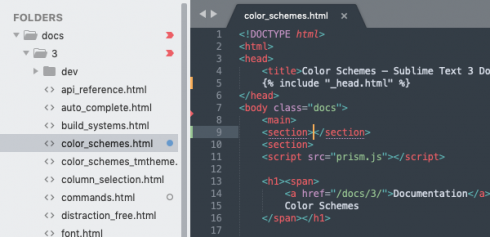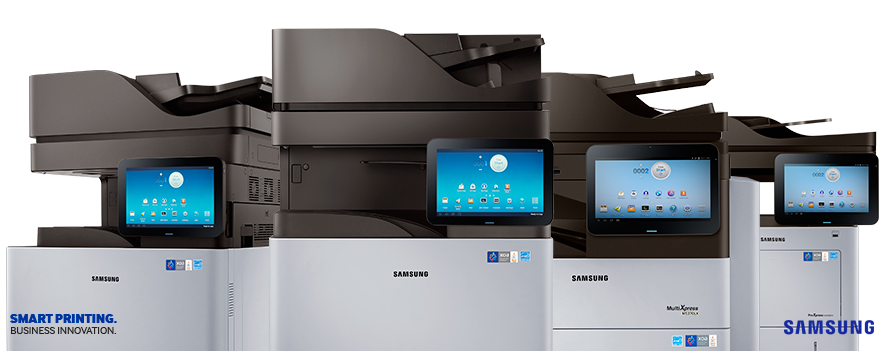
The latest version of the Sublime text editor is now available. Sublime Text 3.2 features Git integration, incremental diffing, new theme functionality and block caret support. According to the team, the release builds off of a lot of work done in Sublime Merge, its latest Git client.
Other features include improved performance of file watching, a number of syntax highlighting enhancements, and support for Unicode 11.0.
Full release details are available here.
Deque and Microsoft collaborate on open-source accessibility
Deque Systems has announced it is working with Microsoft to bring Windows support to the company’s axe accessibility engine. According to the company, the axe accessibility rules engine with one of the most widely deployed engines with 25 million devices. As a result of collaboration with Microsoft, web, Windows, Android and iOS developers will be able to test their code with a common approach.
“We’ve been working for 20 years building up to this moment,” said Preety Kumar, CEO of Deque Systems. “Deque’s core mission has been to make accessibility a daily responsibility of every development and design team in the world. This collaboration is a huge step toward making that a reality.”
DotData updates data science automation platform
DotData 1.4 has been released with significant updates, deeper insights, and greater performance. DotData provides a data science automation platform for the entire data science process from data collection to production-ready models. Key features include the ability to leverage geo-temporal patterns, support for more machine learning algorithms, enhanced automatic data pre-processing, and drag-and-drop data collection.
“One of the most exciting enhancements in Version 1.4 is the support of AI-powered feature engineering for geo-temporal data which are very rich but difficult-to-analyze data sources, providing deeper insights over a geographical spectrum,” said Ryohei Fujimaki, PhD, CEO of dotData. “We’ve also made significant enhancements in the machine learning and data preparation components of the platform, giving enterprises the freedom to solve more data science challenges, faster.”
GraphQL Foundation teams up with Joint Development Foundation on GraphQL specification
The GraphQL Foundation will be working with the Joint Development Foundation to accelerate the adoption and development of GraphQL’s specification and open standards. The Joint Development Foundation was designed to help users quickly establish projects with open source and standards development. The foundation joined the Linux Foundation at the end of last year.
“We’re thrilled to see GraphQL and the Joint Development Foundation join forces and get to work so quickly to advance open standards,” said Jim Zemlin, executive director of the Linux Foundation. “Working with the JDF, the GraphQL community is able to leverage turnkey infrastructure to create and manage open standards more quickly and nimbly than ever before. This allows developers to continue to break barriers and modernize application development.”
Synopsys Design Compiler NXT now available
Synopsys is aiming to provide faster runtime and improved quality of results with the announcement of its Design Compiler NXT. The release comes with power-driven mapping and structuring techniques, concurrent clock and data optimization and a new approach to distributed synthesis.
“Our continued investment in the Design Compiler family of products has resulted once again in the delivery of breakthrough synthesis innovations,” said Shankar Krishnamoorthy, senior vice president of engineering, Design Group at Synopsys. “Our customers seamlessly deploy Design Compiler NXT in their production flows and quickly realize the benefits of the runtime, QoR, and convergence improvements it delivers.”






